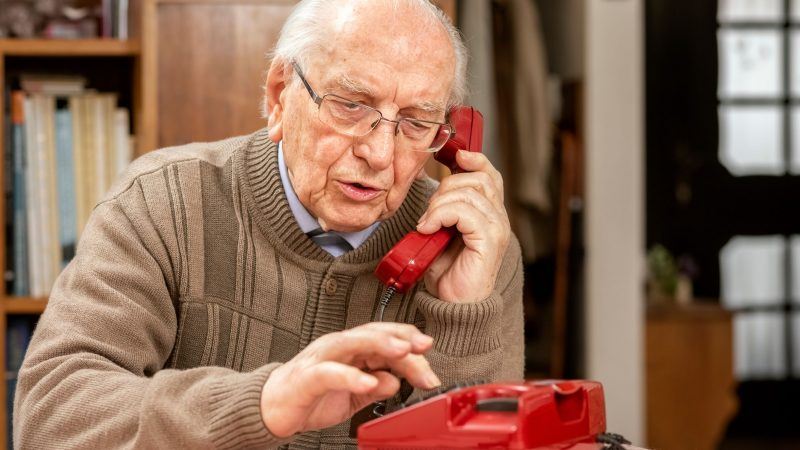The future is already here – it’s just not evenly distributed, to quote sci-fi writer William Gibson.
The pandemic exposed this inequality as being online became vital for accessing health services, public information, food shopping and keeping in touch with friends and family during lockdowns. In the UK, nearly one in 10 households with children are without computers.
The digital divide is worse for those who are disadvantaged, according to the Parliamentary Office of Science and Technology. The proportion of adults who use the internet on a daily basis has fallen to 84 per cent among the disabled. People with an annual household income of £50,000 or more are 40 per cent more likely to be able to carry out basic digital tasks than those earning less than £17,499.
We have worked hard to make our remote monitoring services as accessible as possible and offer NHS commissioners the full choice of communication channels for patients. These include smartphones, tablets and Amazon Alexa for the digitally savvy but also SMS text messages and telephone landlines for those without the digital skills or means. Some 87 per cent of those aged 55 and above have a landline at home. This means many of the people in the greatest need of healthcare can easily access our services, whatever their circumstances.
There are other barriers we are trying to break down. In Bradford, more than 120 different languages are spoken. The author of a government-commissioned review has estimated that one in 20 women in the city cannot speak English well or at all. This language barrier can make it difficult for non-English speakers to access health care in person, let alone online. To bridge the gap, Inhealthcare services are available in any language to increase digital inclusion.
In rural areas, access to online services can be just as difficult. Nearly 600,000 “forgotten homes” in remote locations are unable to get sufficiently fast broadband to meet a typical family’s needs, according to the Defra select committee. In response, our landline services can be a lifeline for the isolated. Dr Mark French, a GP in rural Wharfedale, said: “Our rural location means clinics can be hard to reach for some, so delivering rapid results to patients in their homes makes all the difference. Everybody wins with the benefits health tech can deliver for patients, clinicians and the NHS alike.”
The underlying technology for digital health is not new and neither is poverty or isolation. That’s why we make our remote patient monitoring services available to as many people as possible, whether they are struggling to pay the bills and learn the language in the inner city or living in an isolated rural area miles away from the nearest medical centre.
The future is already here – and we want it to be evenly distributed.

